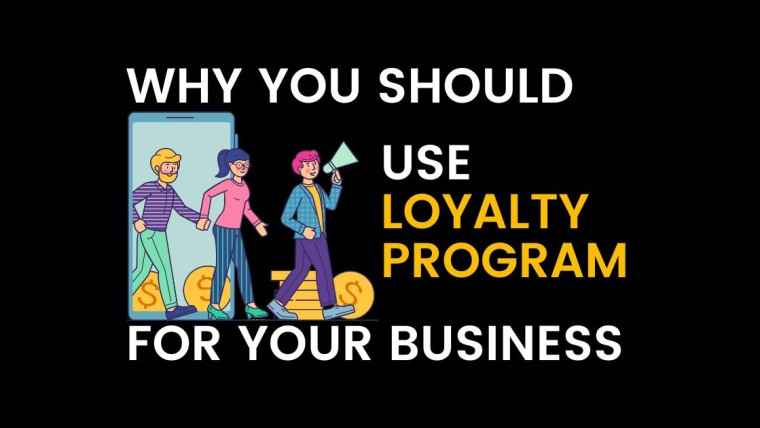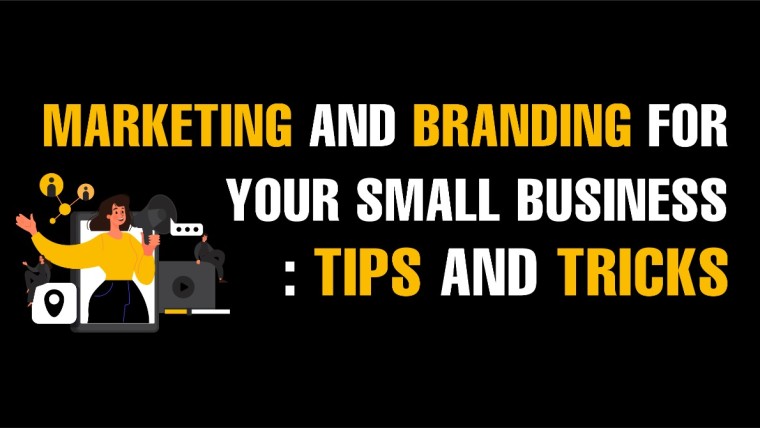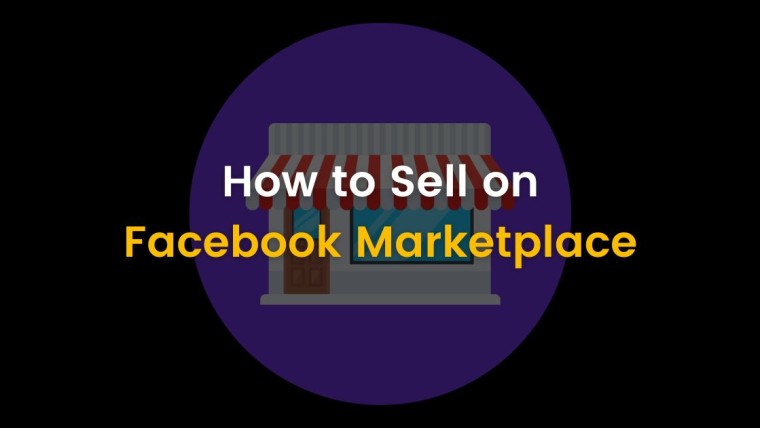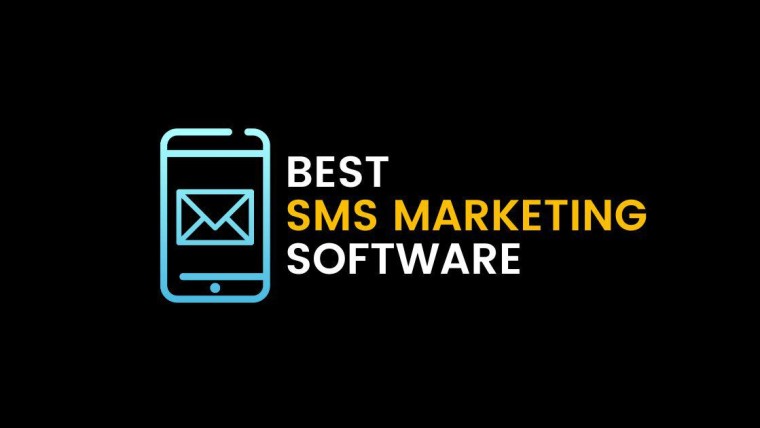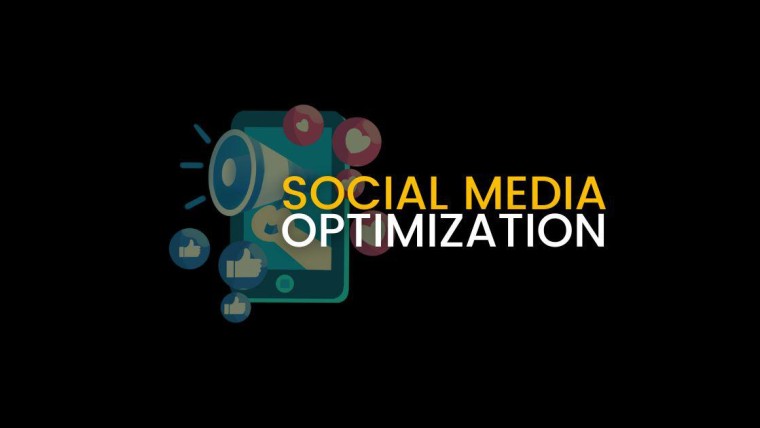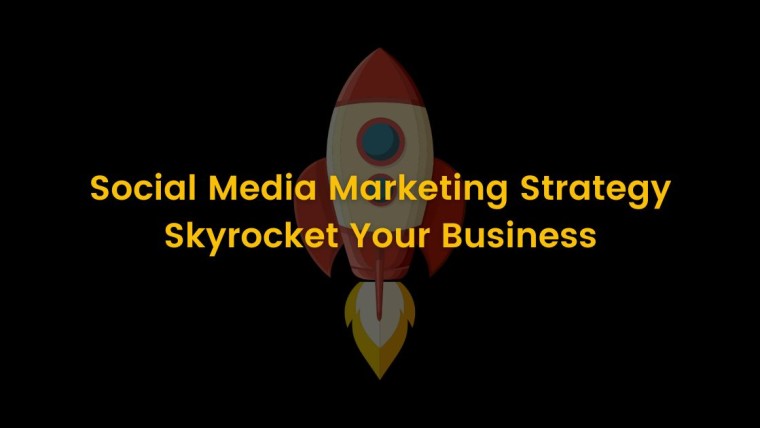Customer relationship management has become an invaluable tool for companies to connect with their customers. It has many CRM marketing benefits. It’s easy and efficient, which eliminates the need to look on multiple platforms for customer-specific data when you can have it all in one place. You’ll never be left wondering if a person is at risk of churning again because CRM will notify you right away!
CRMs are time-saving tools that have become integral to companies of all sizes. With CRM marketing benefits, it’s easy for a company’s marketing team and salespeople to coordinate their efforts in syncing up with leads and customers across channels like email, social media, or phone calls. One reason why these platforms provide so much ROI is that they help businesses retain more relationships by making it easier not only on the customer journey but also on your own business processes too!
What’s in It:
- What is a CRM?
- Features & Capabilities of CRM
- How CRM produce result
- How to intergrate CRM in Sales
- Using a CRM with PineChatBot has many benefits
- Conclusion
- FAQs
What is a CRM?
A CRM is a database for managing customer relationships and data. The information stored in it can be anything from contact info to purchase history or even records of how the relationship progressed over time.
The idea behind CRM is to know your customer’s who, what and why. You have the power to anticipate their needs with marketing automation so they keep coming back for more!
When you find your perfect customer, some might say that they’re worth their weight in gold. That’s because these customers are loyal and come back more time and again – leading to all those important repeat customers who then tell everyone about it on social media. Now finding the right people is easy as pie!
With CRM software, you can get a bird’s eye view of your business by linking together the data from different departments. For example:
- Marketers use CRMs to identify prospective customers and then nurture them into loyal leads.
- CRM marketing benefits make it easier for sales reps to find potential customers and track their progress. Reps can also manage deals from the system in real-time, which saves time that might otherwise be wasted on emailing or phoning contacts one by one.
- Customer service teams can save time and resources by using CRMs.
- Loyalty teams use CRMs to generate genuinely loyal customers and measure customer satisfaction.
CRMs is increasing every year and here are some statistics:
- In 2018, CRM software was a $48.2 billion industry worldwide and grew by 15.6% from last year according to Gartner’s research team of analysts who track the global business world carefully for their own enrichment purposes!
- Grand View Research expects CRM revenues to hit $80 billion by 2025. This is one of the fastest-growing software markets and will only continue in that direction with increased adoption rates among enterprises, SMBs, and consumers alike.
- CRM can boost conversion rates by 300%
- Gartner’s research report found that CRM remains the largest and fastest-growing enterprise software category today. The market sizing firm predicts this trend will continue well into the future, with no signs of slowing down any time soon.
Features & CRM marketing benefits
CRM systems are all the rage these days, and they’re almost identical. Some CRMs offer features for AI or vendor management, but most of them just provide a base set to help you manage your contacts.

Customer Management
A CRM is a digital Rolodex that stores all the information about your contacts. With just one click, you can find any customer’s name and contact number. You’ll never have to worry again if you’re forgetting someone’s address or email because it will be in your handy database on hand at any time for quick reference!
A CRM – Customer Relationship Management (CRM) system is a software package that helps you organize your customer relationships. You’ll be able to track things like phone calls, emails, purchase history, and more with this.
Analytics and Report
CRMs are all about tracking. You can track reports like:
- It helps to generate number of leads per month
- Can filter leads that are qualified by sales
- Report of revenue generated by your deals
- People who unsubscribed from your email campaigns.
There are lots of reports in CRMs. Once you have a lot of contacts, you can group them by location or gender. This will help you find better people to market to.
Marketing automation pro
CRMs make marketing easier. With a CRM, you can automate some things that are hard to do if you don’t have the right tools. If Someone fills out a form to download something from your website, you can put them in a sequence of emails that will teach them about your product.
CRM for mobile
Sales representatives benefit the most from using a mobile app to help organize their CRM. It helps them when they are traveling to know where they can find their deals and leads, making it easier for them to track everything.
How CRM marketing benefits produce result
To recap, a CRM system is an important tool to use. It will help you keep track of all your customers. It can be expensive, but it is worth it. You should probably not try to manage them in a spreadsheet by yourself because that would take too much time and effort. If you do not have a CRM system for your company, you might miss out on the CRM marketing benefits which are great and could be your most valuable asset.
- Pump your sales
- Cost-effective marketing
- Generate productivity
- Personalized experience with your customers by organizing data.
- Use customer analytics to target your customers with tailored marketing campaigns that are easy and effecitve.
- Product will help you to listen into and understand your customers conversations, so that they can be more satisfied with their experience.
- Use customer first policy
Easy to target audience
Companies have a lot of information about their customers. CRM (customer relationship management) helps you find the exact information you need to target your customers.

A customer relationship management tool is for looking inside the mind of a person. If they looked at one of your products, you can get information about them and then use that to target them with Chat Marketing by email, messenger marketing, or other things like social media marketing or omnichannel marketing.
When a person likes what you are selling, you can close the sale. You can advertise with social media and offers to get the sale. When CRM technology stores information about a person’s habits and what they like, your targeting marketing efforts will be successful.
Bit with trends
When you know how people behave, it gives you an advantage. You can then target customers with the things they like. CRM helps to figure out what customers like by looking at their purchases and other behaviors.
Makeover the content for CRM marketing benefits
A CRM is a great thing to do with an existing content delivery system. For example, if you already use Messenger Marketing, a CRM can help you get people interested in your products or services.
Personalized conversations are a good way to grow your business. This will happen when you talk to people and help them with their needs. Your Messenger Marketing strategy can do this by giving them information, connecting with people, or doing something meaningful for your business.
When you use a CRM tool, you can get information about customers. You can see what they have liked and shared. If you use this to share content, then it will reach the right person at the right time.
How to intergrate CRM in Sales
Ready to use your CRM? Here’s what you should do first.
Map out your process for sales
Before you sign up for a CRM, we recommend that you map out the steps of your customer journey. It doesn’t matter if you’re in business-to-business (B2B) or business-to-consumer (B2C), knowing the steps can help with tracking your contacts.
Here is an overview of the different stages of sales. You can customize your CRM for each stage:
- Lead
- Marketing-qualified lead
- Subscriber
- Sales-qualified lead
- Closed-Won
- Closed-Lost
Train your management teams for CRM markeitng benefits
A CRM is only useful if you use it and update it. You must train your employees on using and updating the CRM to make sure everything is up to date. If you don’t do this, then you will miss out on important data that could help your company grow and work better.
Use automation for daily base tasks
CRMs are easy to automate. You don’t have to spend a lot of time every week entering data or building reports. Most CRMs have automation plugins that make it easy to automate the day-to-day tasks you work on. Plus, there’s always Zapier to make it even easier!
Using a CRM with PineChatBot has many benefits
Leveraging a CRM is one way to grow your business. You can also use chat marketing to do this. Using chat marketing with a CRM is the best way to build brand loyalty, target the right customers, and grow your business.
With CRM Marketing benefits, you can show your customers ads. You can also read their messages to help them. This will make the customer feel safe and trust you more. And when the customer trusts you, they will buy things from you!
Here is an example of a real estate CRM. It has information about leads, and how they are managed through sales automation.
Let’s say you work for a real estate company. You are getting leads from people who want to buy or sell their homes. In the past, you would organize this information on a spreadsheet in Google Sheets. But there is a better way to organize it all–with CRM marketing benefits!
While a CRM is great, it may not be within your budget. So you, the real estate company, used an app that gave you the building blocks to turn your list of leads into a fully capable CRM system. This helped you close more deals.
Conclusion
CRMs are a powerful tool for businesses. They help to manage customer relationships, create marketing campaigns and enable sales teams to stay in touch with customers on an ongoing basis. A strong CRM system can generate tremendous value for your company by ensuring that you’re getting the most out of every sale. If you want more information about how we use CRMs or what they do, contact us today!
FAQs
CRM (customer relationship management) is a practice and set of technologies used in marketing and sales. The goal of CRM is to track detailed customer information, segment customers into groups for more effective targeted marketing, motivate customers to purchase certain products or services by rewarding them for engagement with the company’s brand.
A CRM system manages all of the customer interactions that take place beyond traditional communications channels. A CRM system is a key component to any successful business and is an important tool for improving customer satisfaction and maximizing revenue potential.
CRM marketing is a powerful way to engage your prospects and customers in a swift, tailored manner. This type of marketing brings the best ideas to the companies that need them most. CRM marketing solutions allow people to pinpoint their needs and targets with accuracy, generating enlightened interest from netizens through detailed analytics.
Customer relationship management software allows for the automation of many customer service operations through online, on-phone, and on-site activities. CRM software offers three different views of a company’s enterprise data: hindsight reporting (past performance reporting), prospecting (programming and selling forecasting and predictive analytics), and engagement (customer care).
A CRM solution can help in customer management when it is able to provide the right information when asked for it. The feature that most small businesses lack is business intelligence. While the software will never replace in-person interaction, having good data at your fingertips about previous interactions with customers has many benefits, including more accurate estimates on lead nurturing or sales quotas.


